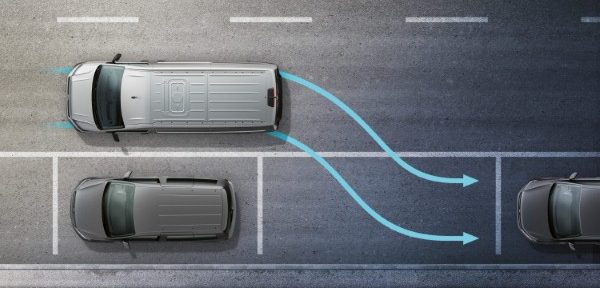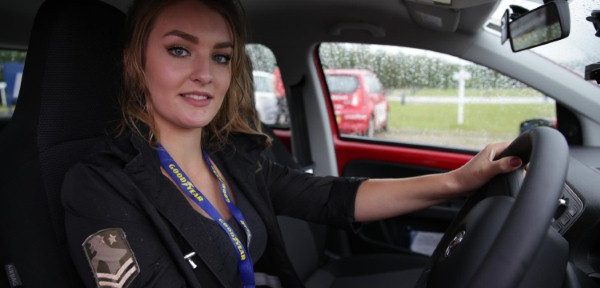New Fuel Card services, Managing Director, Denise Frost, continues to take the company forward, helping hundreds of fleets and thousands of drivers by listening to their needs and enhancing the company’s product portfolio accordingly.
Leveraging years of specialist experience within the automotive industry, and based on deep research into what fleet managers and drivers really need, Fuel Card Services are developing a series of added-value products to deliver better service, savings and security for fleets of any size. Look out for many more innovative products coming soon.
Just launched is Tele-Gence – delivering intelligent fuel management by integrating fuel card data and live tracking data, resulting in savings on fuel. Tele-Gence is also intuitive and alert driven for exception based management of fleet and fuel, as well as in-depth reporting on fuel fraud, pump pricing, driver behaviour, vehicle tracking and much more – with no long-term commitment.
Tele-Gence is all about smart, advanced telematics made simple.
It offers a fully scalable range of user-friendly services, customisable and bespoke telematics options, frictionless access from anywhere in the cloud, and support from a UK-based customer service team.
Better savings
As fleets continue to be hit harder with ever-increasing costs, Tele-Gence works harder to bring your costs down and push your MPG up. Tele-Gence immediately reduces costs and adds value to any business, and has been shown to improve fleet MPG by up to 20%. Pricing is simple, affordable – with no hidden start-up fees – and tailored to suit your needs.
Better security
Tele-Gence gives fleet managers full access to fuel data, with improved and accurate MPG reporting to reduce and even eliminate fuel fraud. Suitable for all vehicle types, from cars and vans, to LCVs and HGVs, Tele-Gence also helps reduce accidents and increase driver security, while tracking expenses and vehicle maintenance and streamlining your management processes.
More than great telematics and fuel cards Fuel Card Services also helps fleet managers stay up-to-date with essential news through their Fleet Matters publication, helps fleets become more sustainable with The Green Journey website and news updates, and is a proud supporter of the Cool Earth initiative.





